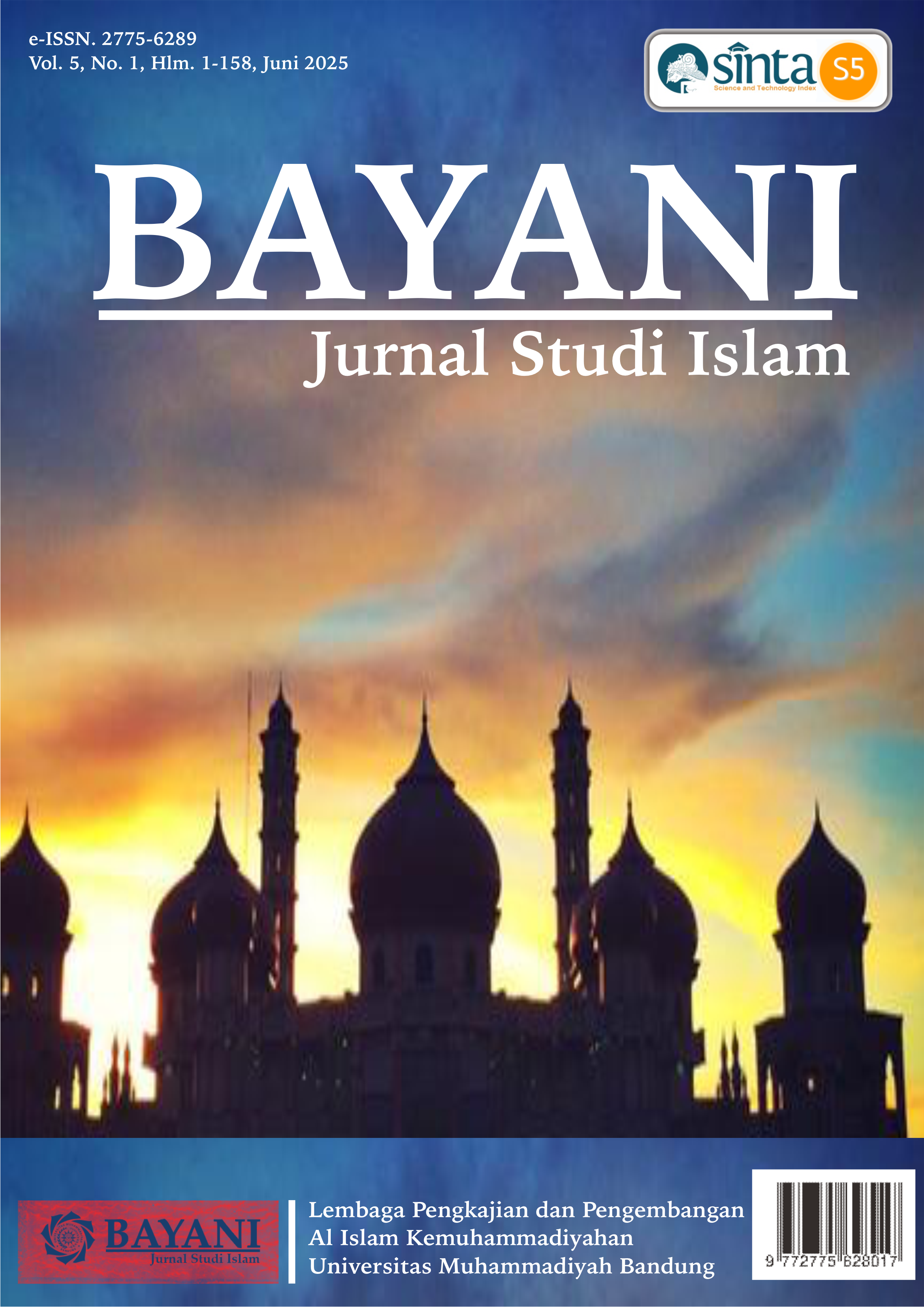Gangguan Kepribadian Ambang (Borderline Personality Disorder) dalam perspektif Islam
DOI:
https://doi.org/10.52496/bayaniV.5I.1pp16-27Kata Kunci:
Borderline Personality Disorder, Islamic Psychology, Religiosity, Indonesian Culture, Psychospiritual InterventionAbstrak
This study explores the relationship between symptoms of Borderline Personality Disorder (BPD) and personality from the perspective of Islamic psychology. Using a systematic literature review approach, it examines how Islamic religiosity and spirituality influence the manifestation and management of BPD among Muslims in Indonesia. The findings suggest that intrinsic religiosity—rooted in deep spiritual reflection—can serve as a protective factor against core BPD symptoms such as emotional instability and chronic emptiness. Furthermore, Indonesia’s Islamic culture, with its emphasis on communal values like cooperation and deliberation, offers a supportive environment for recovery. However, challenges persist in the form of low mental health literacy and religious stigma. The study concludes that integrating Islamic spiritual values with evidence-based psychological interventions offers a culturally sensitive and effective approach for addressing BPD in the Indonesian context.
##submission.downloads##
Diterbitkan
Cara Mengutip
Terbitan
Bagian
Lisensi
Hak Cipta (c) 2025 Bayani

Artikel ini berlisensiCreative Commons Attribution-NonCommercial-ShareAlike 4.0 International License.





